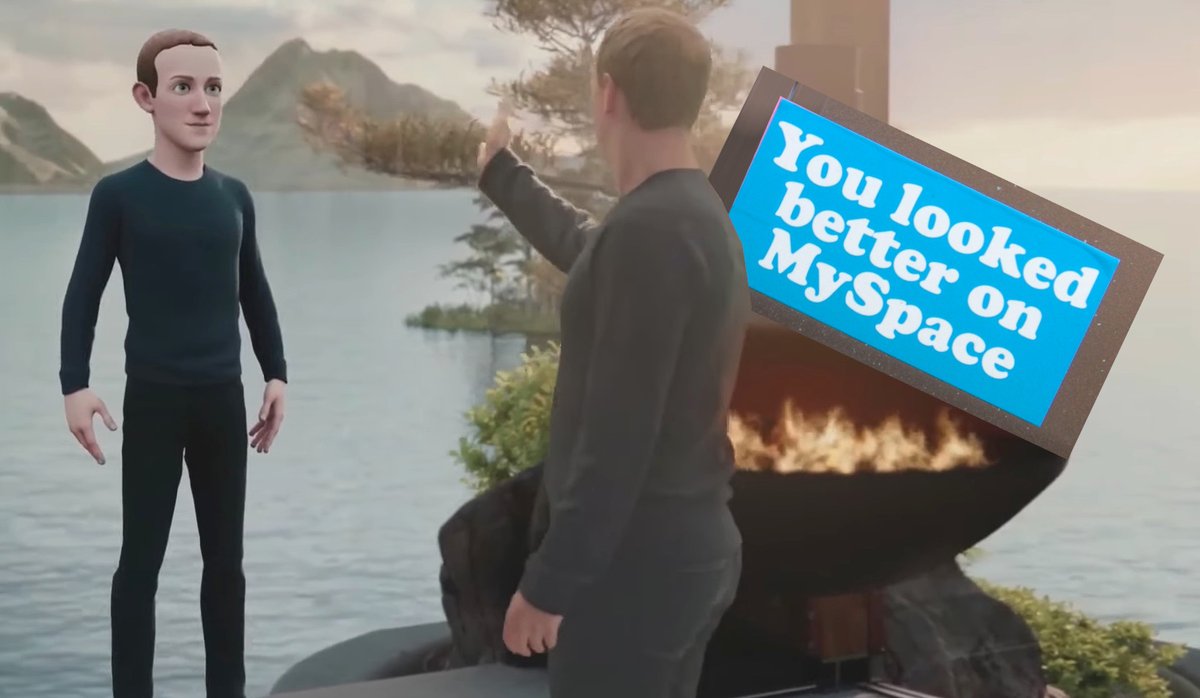
Over and over in the history of labor rights, we see the same story: if workers exclude a group from labor protections, bosses will recruit that group to scab against them and smash their power. 1/ 

If you'd like an unrolled version of this thread to read or share, here's a link to it on pluralistic.net, my surveillance-free, ad-free, tracker-free blog:
pluralistic.net/2022/02/17/liv… 2/
pluralistic.net/2022/02/17/liv… 2/
Xenophobes argue that this means we should block immigration to head off competition with low-waged workers, but history teaches us that this is a losing move.
The winning move is solidarity with every worker, regardless of immigration status, national origin, gender, or age. 3/
The winning move is solidarity with every worker, regardless of immigration status, national origin, gender, or age. 3/
That's why ast year's strikes against two-tier contracts (where younger workers are excluded from union benefits) were so significant:
pluralistic.net/2021/10/18/lab…
The #GreatResignation has seen an increase in worker power, with gains in wages and working conditions. 4/
pluralistic.net/2021/10/18/lab…
The #GreatResignation has seen an increase in worker power, with gains in wages and working conditions. 4/
A recurring motif in Great Resignation talk is dunking on the boss's lament that there is a "labor shortage," pointing out that there's really a *wage* shortage.
google.com/search?q=labor… 5/
google.com/search?q=labor… 5/
In other words, if you're a capitalism stan with a Laffer Curve tattooed on your bicep, you should be able to recognize that if workers won't sell their labor at the price you're offering, you might have to increase your bid. 6/
As the success stories in /r/antiwork tell us, bosses *will* increase their bids, but only after exhausting all other possibilities:
reddit.com/r/antiwork/com… 7/
reddit.com/r/antiwork/com… 7/
And back to labor history, one of the options bosses will try before raising wages is hiring some excluded group at scab wages.
That's why we've seen such a boom in hiring children to do jobs that were once held by adults. 8/
That's why we've seen such a boom in hiring children to do jobs that were once held by adults. 8/
But hiring child scabs is a problem. Kids have even *more* statutory labor rights than adults: limits on how many hours they can work, which jobs they can do, and more. Fortunately for employers, kids don't know about those rights, and they can often be pushed around. 9/
Writing for the United @Steelworkers blog, USW international president Tom Conway writes about the rise of child labor exploitation and the efforts of Republican legislators to make it easier to turn children into scabs:
m.usw.org/blog/2022/expl… 10/
m.usw.org/blog/2022/expl… 10/
Conway's article opens with the story of a high school wrestler who had to quit the team because his boss fired him for refusing to work more than the 16 hours/week that allowed him to participate in sports and keep a job. 11/
"[The] dejected youth conclude[d] he had to give up sports so he’d be available to cater to his next employer’s every whim." 12/
The store manager refused to budge on the termination, even when the wrestling coach pleaded with her: "You don't know what it’s like to be a boss these days." 13/
As bad as this boss is, she's benign compared to other child abusers, like the SC @Walgreens that hired a 12 year old; the AL chicken plants brutalizing migrant teens; or the TN contractor whose insistence on putting a 16 year old on a rooftop ladder resulted in his death. 14/
Nationwide, chains like @Wendys and @ChipotleTweets are increasing the hours of their underaged workers, blowing past legal limits that are supposed to balance a kid's right to an education, a social life and employment:
cbsnews.com/news/chipotle-… 15/
cbsnews.com/news/chipotle-… 15/
The business lobby understands that exploiting kids is a low-risk activity, thanks to kids' vulnerability and understaffing at OSHA and other agencies, but they'd like to reduce that risk even further. 16/
In WI, the GOP passed legislation allowing bosses to work 15-17 year olds for longer hours (the law was vetoed). There's more legislation being cooked up in statehouses across the country. 17/
I got my first part-time job - mopping a dance studio twice a week after school - when I was 11 years old. Working has always been a part of my life. But both I and my parents were careful to ensure that my work didn't eclipse my childhood, or put me in physical risk. 18/
That said, the first time I worked in a union shop - as a page in a public library - I was excluded from the union. What's more, there was enormous pressure to increase my duties (and those of my co-workers) to replace our adult union colleagues. 19/
Kids have a place on the job. Working is a great way to learn and grow. But kids are also vulnerable to exploitation. Kids who end up taking jobs at wages lower than adults aren't the problem. The bosses who turn kids into scabs are the problem. 20/
The answer isn't to exclude kids from (safe, balanced, protected) work - it's to include them in solidarity movements. 21/
• • •
Missing some Tweet in this thread? You can try to
force a refresh











